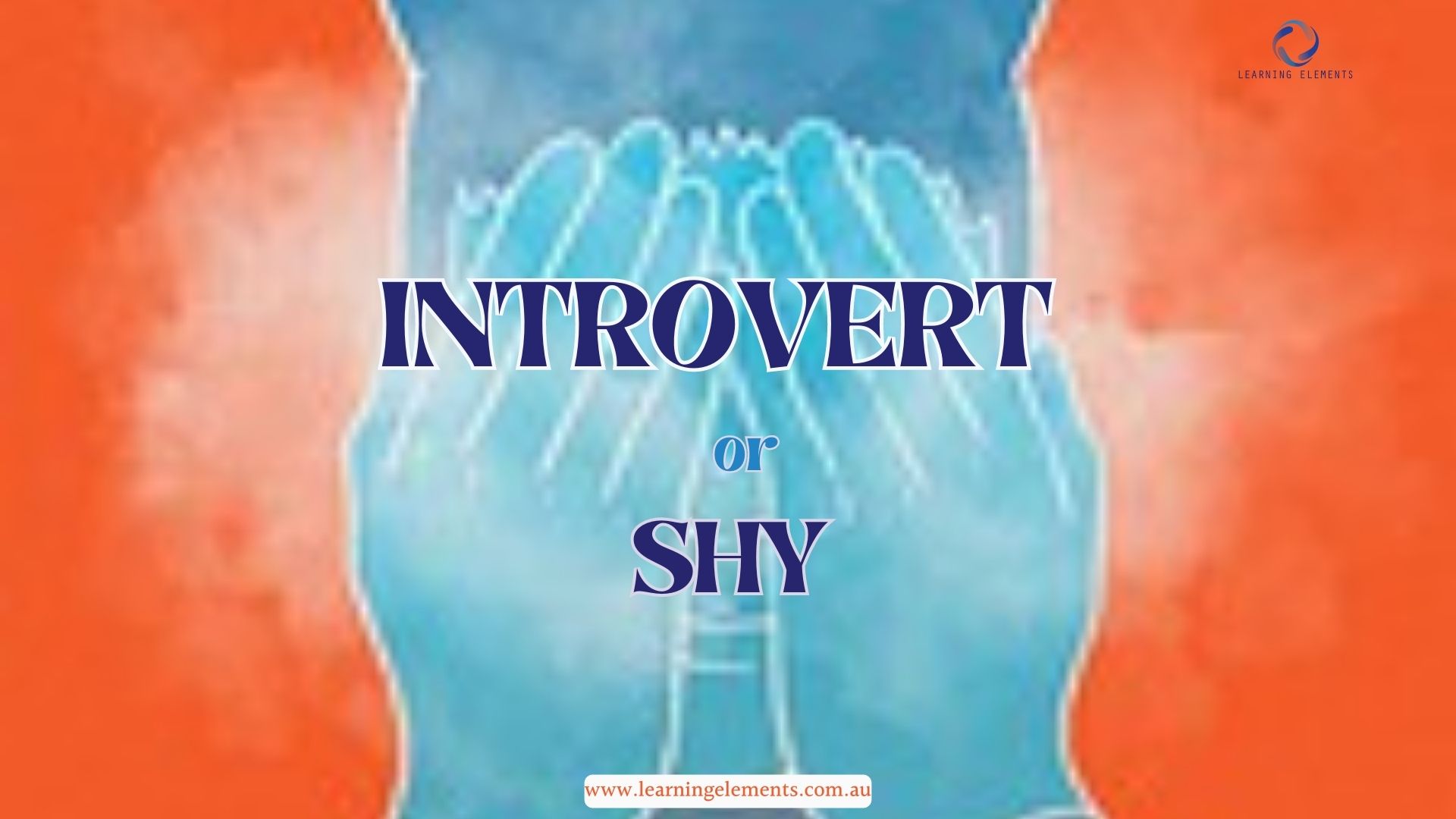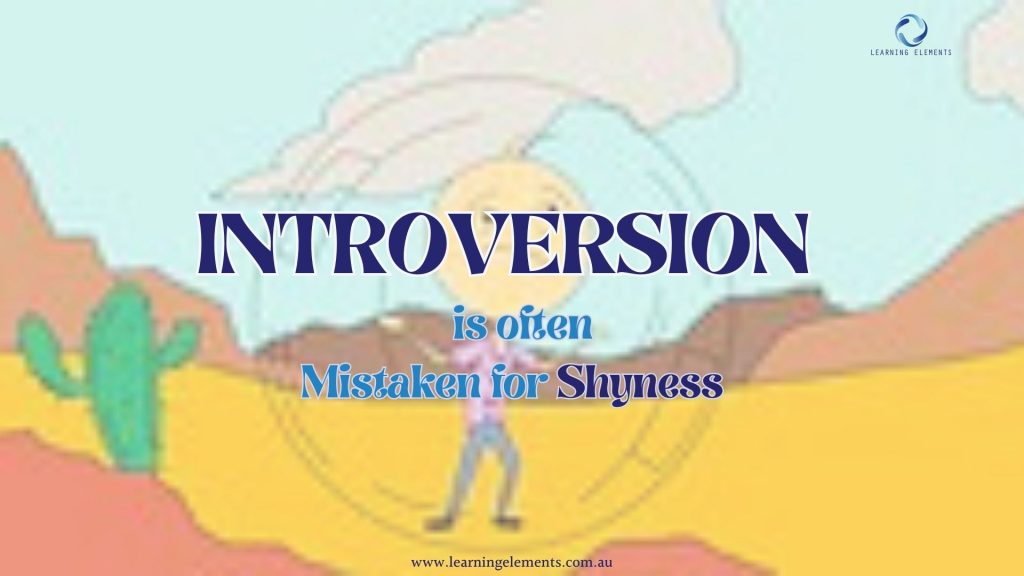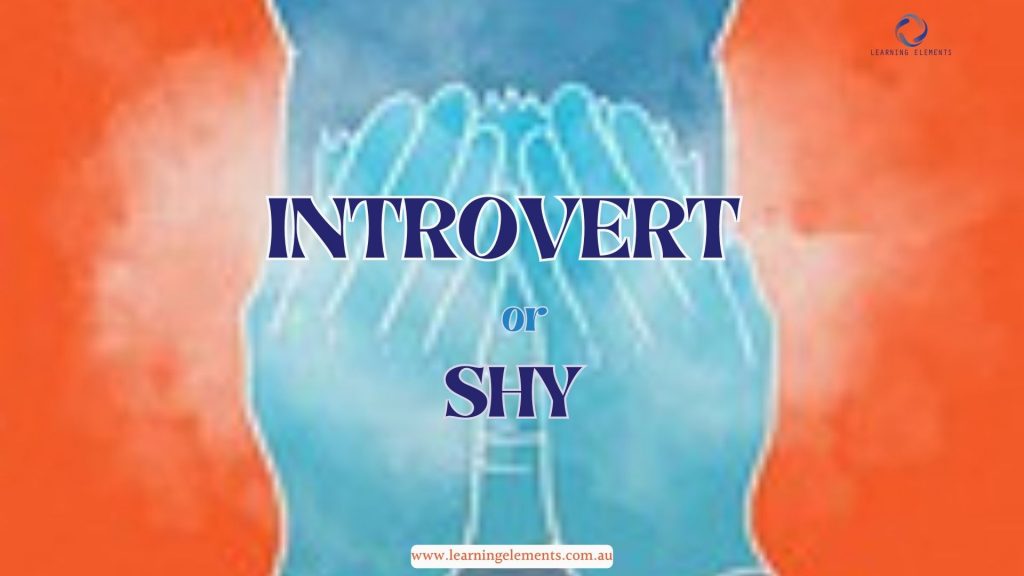Introversion Is Often Mistaken for Shyness
Have you ever wondered if introversion and shyness are one and the same? It’s a common misconception, but the reality is far more intriguing. Introverts, often misunderstood as being shy, have distinct qualities that set them apart. While they may shy away from being the centre of attention, their internal energy and genuine interest in others defy the assumption of disinterest or aloofness. On the other hand, shyness stems from a different place altogether – a fear of judgement and self-consciousness. To unravel the true nature of introversion and shyness, let’s explore their subtle nuances and the impact they have in the workplace.
Can you spot the difference?
Introverts are more stimulated by internal energy as opposed to external energy. They don’t fear or dislike other people, which is often the assumption. They do, however, dislike being the center of attention and put on the spot. They’re unable to process the energy that is directed at them and, as a result, can appear disinterested and aloof when the opposite is true.
Shyness, on the other hand, can stem from a fear of judgment and feelings of self-consciousness. Those who are shy may want to interact with others, but their fear and self-belief often prevent their involvement in many activities and conversations. They desire social interaction, but their inhibitions hold them back from actively participating in various engagements.
In the workplace, avoid forcing introverted or shy people to get up and speak in front of their peers. Understand that not everyone enjoys leading a conversation or group or may find it stressful to approach customers. Help them feel comfortable by creating a safe, inclusive and psychologically safe environment in the workplace. Invite individuals to share how they can bring their best selves to work. Create an environment where extroverts and socially confident individuals connect with introverts and shy individuals, fostering mutual growth and success.
Introversion vs. Shyness vs. Social Anxiety: What’s the Difference?
Understanding the distinctions between introversion, shyness, and social anxiety is crucial to creating a supportive and inclusive work environment. Introverts find energy from within, preferring introspection, while shy individuals experience inhibitions from fear and self-consciousness. Social anxiety extends beyond shyness, causing intense fear of social situations and impacting an individual’s daily functioning. Recognising these differences allow employers to tailor strategies that promote collaboration, respect personal boundaries, and provide the necessary support for employees to thrive in their roles.
How to Tell the Difference
Differentiating between introversion, shyness, and social anxiety in the workplace requires attentiveness and empathy. Observation and open communication are key. Introverted individuals may display a preference for independent work and thrive in environments that allow for focused concentration. Shy individuals, while desiring social interaction, may exhibit hesitancy when participating in group activities or expressing their ideas. Socially anxious individuals may experience heightened distress in social situations, which can manifest in physical symptoms and avoidance behaviours. By cultivating a culture of understanding and compassion, employers can encourage open dialogue, implement flexible work arrangements, and provide resources for employees to seek support when needed. Creating a psychologically safe and inclusive workplace environment ensures that all employees, regardless of their disposition, can contribute their best selves and flourish in their professional endeavours.
Please note there is a wealth of detailed information available from psychologists and other professionals who can provide support if needed.



